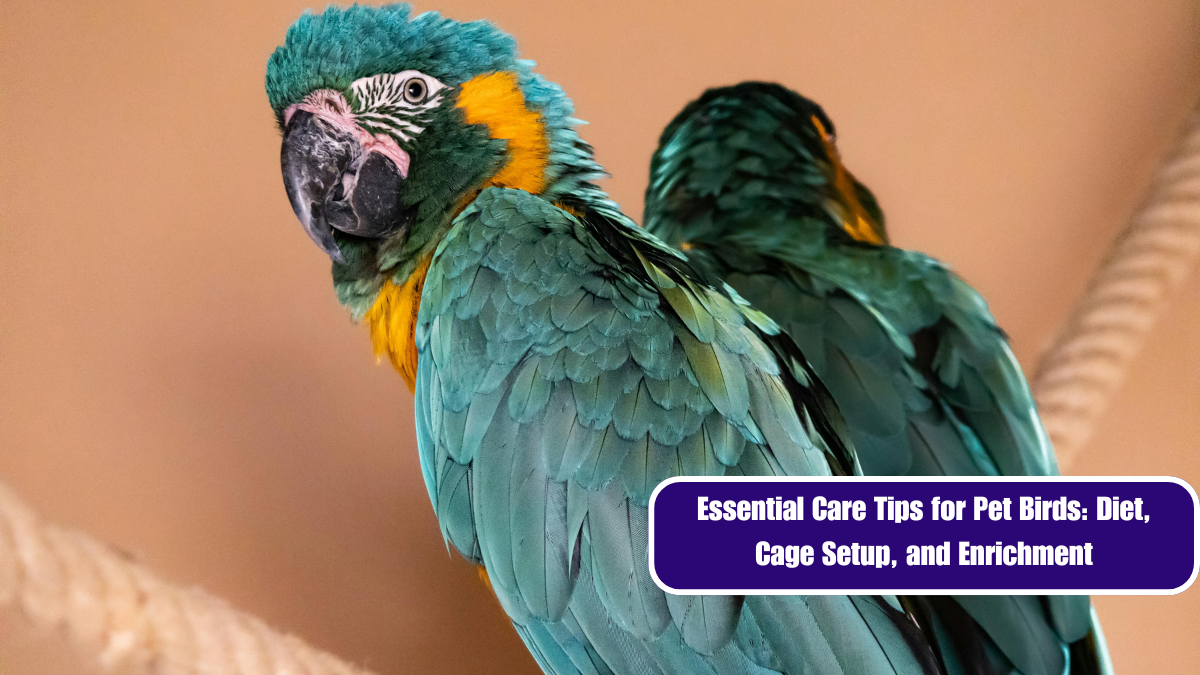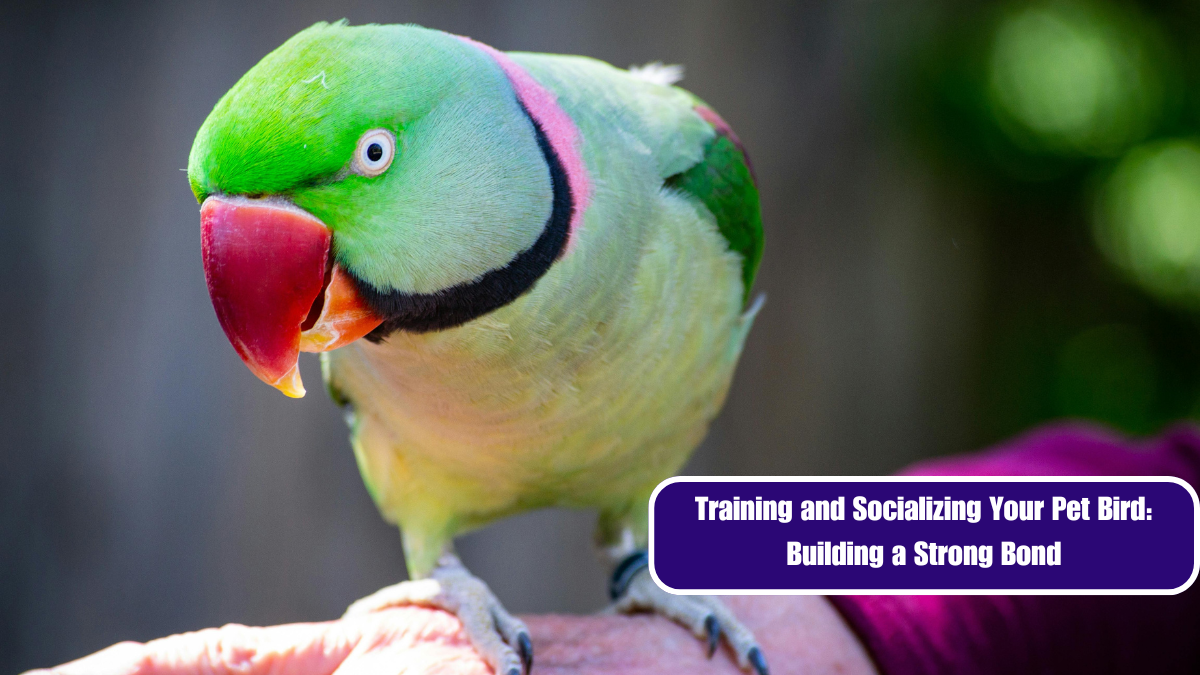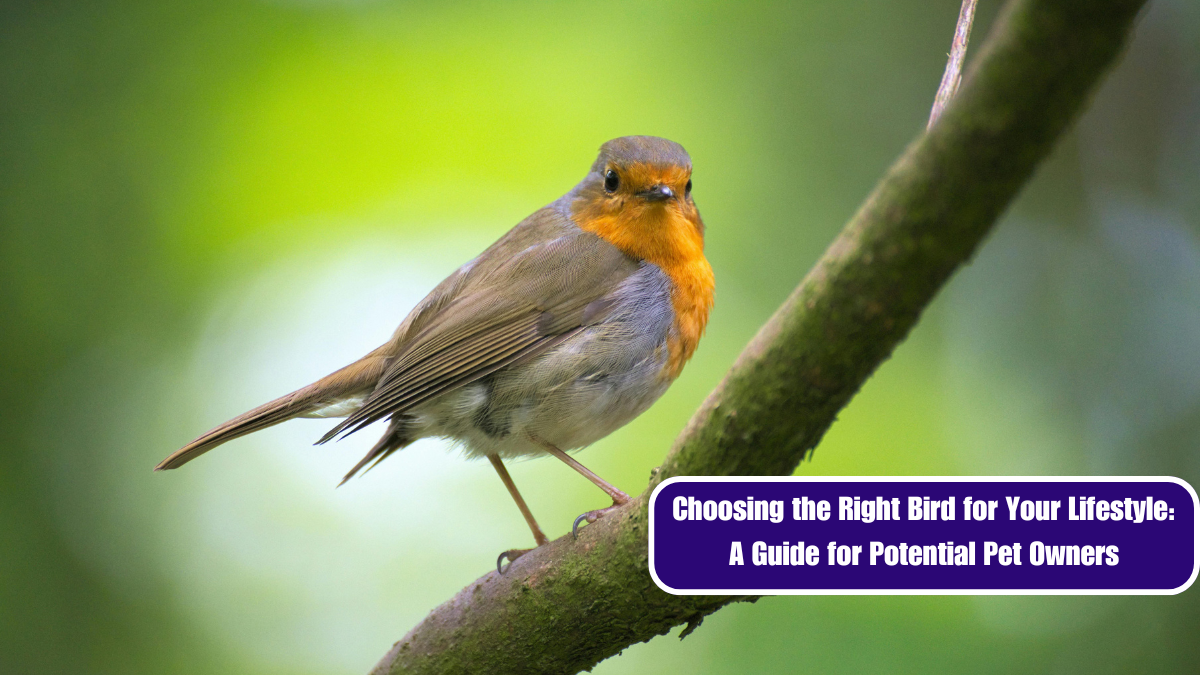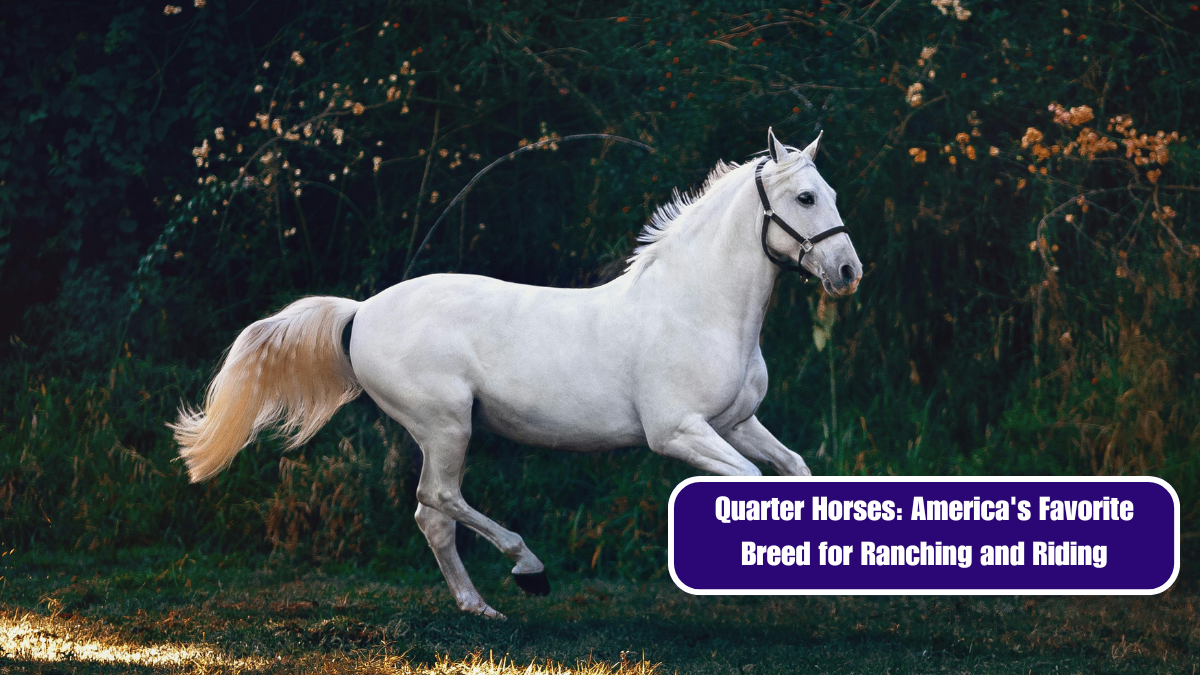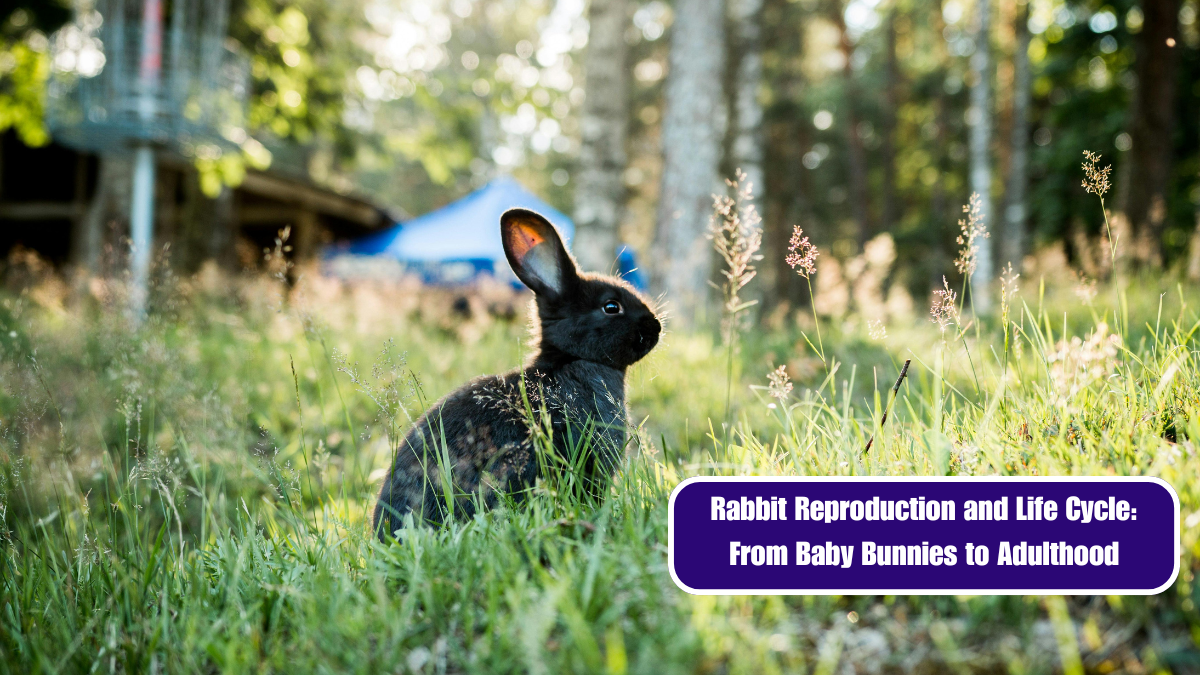Domestic rabbits make delightful companions, offering affection and charm to their owners. However, ensuring their well-being involves more than just providing a cozy home. Proper nutrition, health care, and a suitable habitat are crucial for their happiness and longevity. Here’s a comprehensive guide to keeping your bunny in top shape.
Nutrition: Feeding Your Bunny Right
A balanced diet is essential for your rabbit’s health. Domestic rabbits require a diet that mimics what they would eat in the wild—primarily high-fiber foods.
1. Hay: Hay should be the cornerstone of your rabbit’s diet. It provides the necessary fiber for healthy digestion and helps prevent obesity and dental problems. Offer unlimited amounts of fresh, high-quality hay, such as timothy, meadow, or oat hay.
2. Fresh Vegetables: Incorporate a variety of fresh, leafy greens into your rabbit’s diet. Romaine lettuce, kale, cilantro, and parsley are excellent choices. Avoid iceberg lettuce and starchy vegetables like potatoes. Introduce new vegetables gradually to prevent digestive issues.
3. Pellets: While pellets can be a part of your rabbit’s diet, they should be given in moderation. Choose high-fiber pellets specifically formulated for rabbits. Look for options with minimal added sugars or seeds.
4. Fresh Water: Ensure your rabbit always has access to fresh, clean water. Water bottles or bowls are both suitable, but make sure they’re cleaned regularly.
5. Treats: Treats should be given sparingly and should not replace a significant portion of their diet. Opt for healthy options like small pieces of fruit (e.g., apple or banana) or specially formulated rabbit treats.
Health: Regular Care and Check-Ups
Maintaining your rabbit’s health involves regular check-ups and preventive care.
1. Grooming: Rabbits need regular grooming to prevent matting and hairballs, especially long-haired breeds. Brush their fur weekly and check for signs of parasites like fleas or mites.
2. Dental Care: Rabbits’ teeth grow continuously, so they need opportunities to chew to wear them down naturally. Provide hay, chew toys, and wooden blocks to help keep their teeth healthy. Regular dental check-ups are also important.
3. Nail Trimming: Regular nail trimming is essential to prevent overgrowth, which can cause pain or difficulty walking. Trim their nails every 3-4 weeks or as needed.
4. Spaying/Neutering: Spaying or neutering your rabbit helps prevent unwanted behaviors and health issues, such as reproductive cancers or territorial aggression. Consult your veterinarian for advice on the best time to perform this procedure.
5. Veterinary Care: Regular veterinary visits are crucial. Ensure your rabbit is up-to-date on vaccinations and has regular health screenings. Be observant of any signs of illness, such as changes in appetite, lethargy, or abnormal droppings, and seek veterinary advice if needed.
Habitat: Creating a Safe and Comfortable Environment
A well-designed habitat enhances your rabbit’s quality of life.
1. Living Space: Provide a spacious, clean enclosure for your rabbit. The enclosure should be large enough for them to hop around, stretch out, and stand up on their hind legs. A common recommendation is a minimum of 4×4 feet for a single rabbit, but larger is always better.
2. Flooring: Avoid wire flooring, which can hurt your rabbit’s feet. Instead, use solid flooring or add a soft bedding material such as hay or fleece to their enclosure.
3. Exercise: Rabbits need ample space to exercise and explore. Consider creating a rabbit-proofed area where they can hop around freely outside their enclosure. Provide toys, tunnels, and safe objects to stimulate their curiosity.
4. Litter Box Training: Rabbits can be litter trained, which helps keep their living space clean. Place a litter box in a corner of their enclosure and use rabbit-safe litter, such as paper or wood-based products. Avoid clumping cat litter or those with strong scents.
5. Temperature and Safety: Keep your rabbit’s environment at a comfortable temperature, avoiding extremes of heat or cold. Ensure their habitat is free from hazards like toxic plants, small objects that could be swallowed, and areas where they might get stuck.
By addressing these key areas—nutrition, health, and habitat—you can ensure your domestic rabbit leads a happy, healthy life. Remember, a well-cared-for rabbit is a happy rabbit, and the effort you put into their care will be rewarded with a loving, playful companion.





